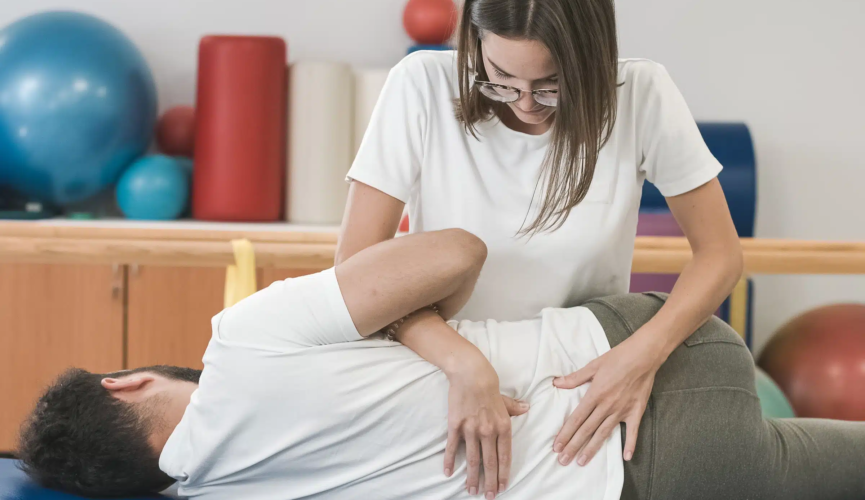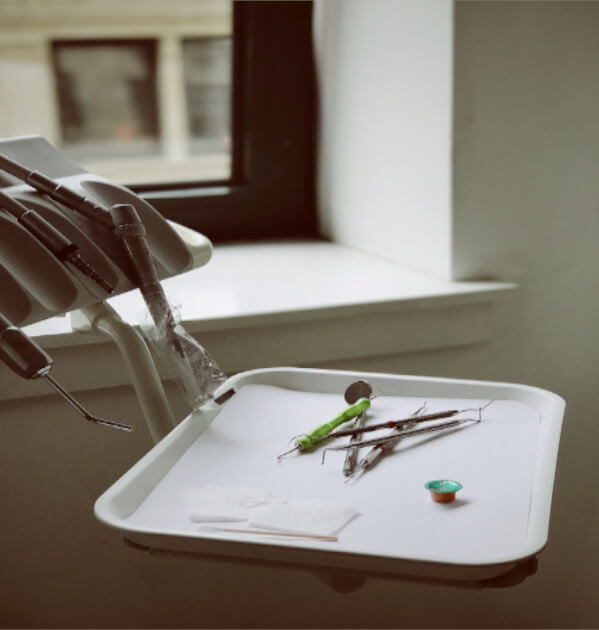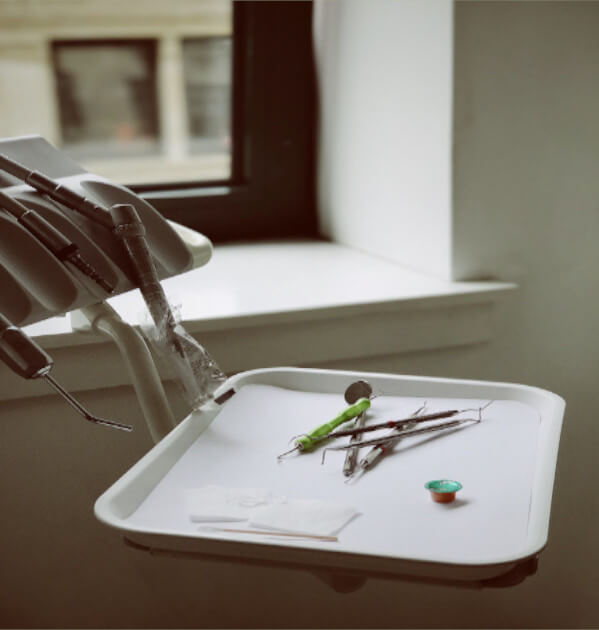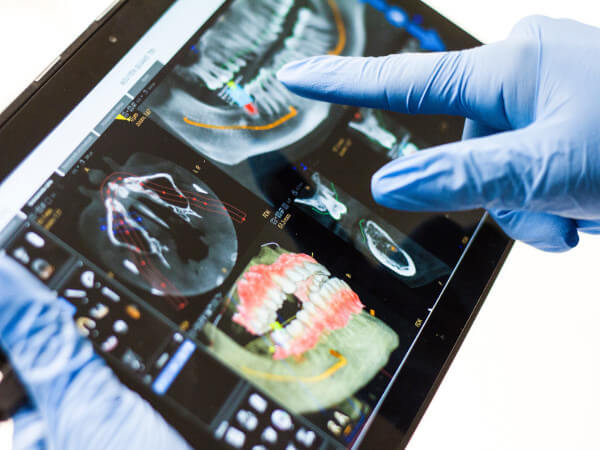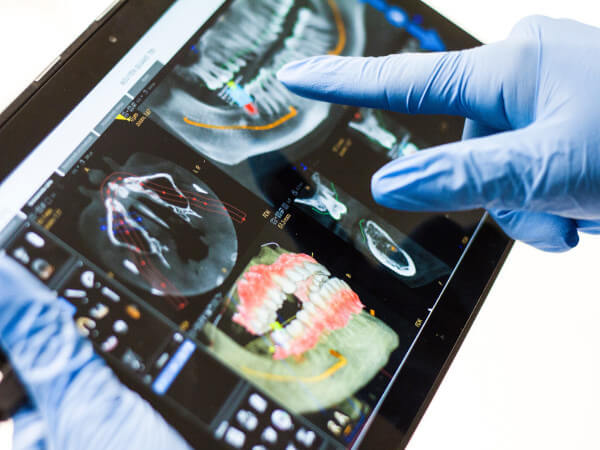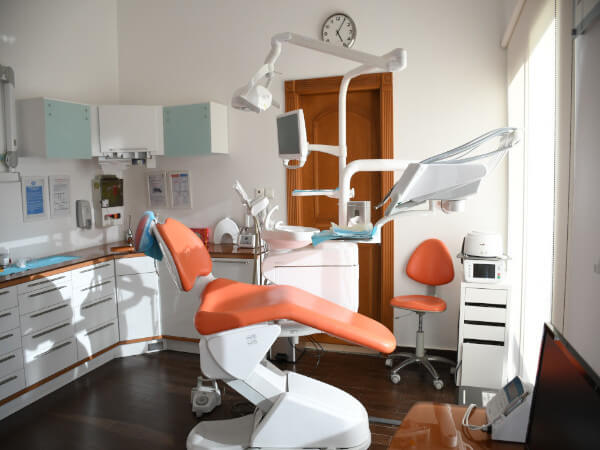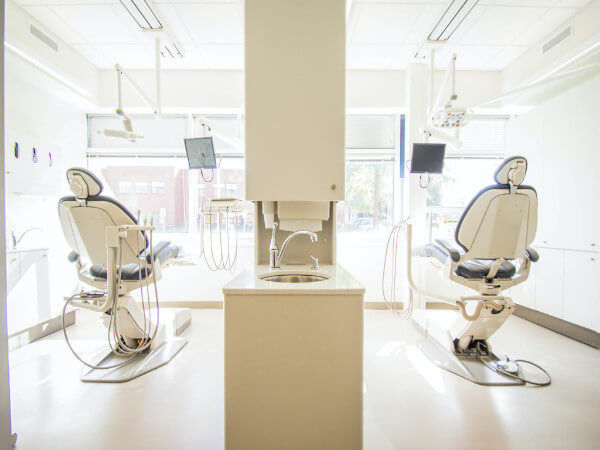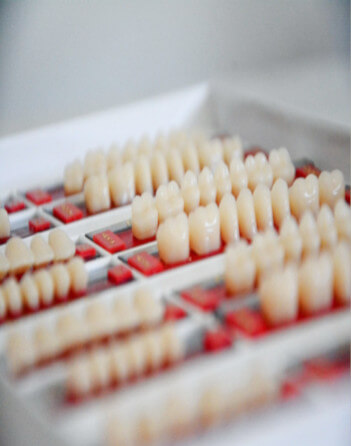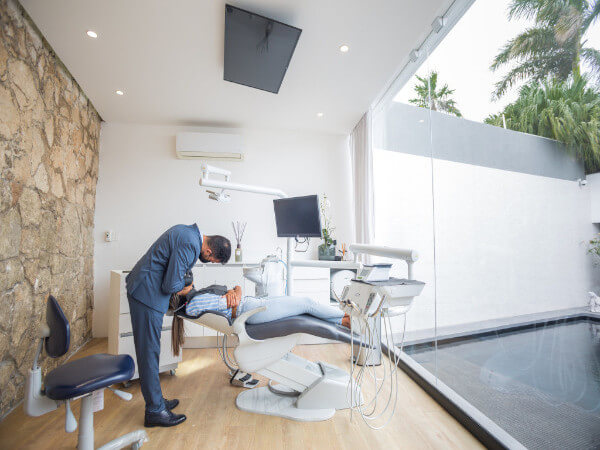Chiropractor Near Me are nationally registered healthcare workers who treat conditions affecting the bones and muscles (musculoskeletal system). They may form part of your allied health team.
Often, chiropractic adjustments are followed by a structured treatment plan that might include massage therapy and soft tissue treatments like kinesio taping to ease spasms and tension in the body. Other techniques include spinal decompression, which takes pressure off discs and nerves.

Even though your mom may have told you to stand up straight, it’s something that many of us struggle with throughout our lives. Poor posture can greatly impact our health and how others perceive us. It can also lead to back pain and other problems. This is why visiting a chiropractor is important to learn how to fix bad posture and prevent future issues.
When you first meet with your chiropractor, they’ll start by examining your body and asking questions about how your day-to-day activities affect your posture. For instance, if you spend much time slouching at your desk or hunched over on the couch, your shoulders may become rounded because of tight muscles pulling them forward and away from your chest. Over time, this can cause the spine to curve too far inward (swayback) and the hips to tilt outward.
Other causes of poor posture include constantly looking down at your phone or computer, which can lead to a stooped shoulder and head position. This is called tech neck or text neck, and it can cause a lot of discomfort in the upper back and neck. The other main cause is aging, which can result in a loss of upper-body muscle strength.
A chiropractor can help you fix these issues and improve your posture through spinal manipulations, exercises, stretches, and other treatments. They will also teach you how to strengthen weak muscles and avoid bad posture habits. They often work with you with a physical therapist and other medical professionals to ensure the best results.
Poor posture can cause many other health issues besides back pain, including shortness of breath and digestive problems. Some studies have shown that prolonged periods of bad posture can cause muscle fatigue, eventually deleting performance during physical activities.
To combat these effects, visiting a chiropractor regularly and practicing good posture at home is important. They can show you how to strengthen the correct muscles, reduce tension, and improve your balance.
Whiplash is a neck injury that results from rapidly and forcefully moving your head back and forth. It can be caused by rear-end car accidents, sports injuries, and even physical abuse. Also known as a neck sprain or neck strain, whiplash can cause pain and swelling in the neck’s soft tissues. If not treated, it can linger for months or years. Fortunately, a chiropractor can treat your whiplash to relieve your symptoms and speed healing.
Most people with whiplash recover within three months. However, many who do not seek treatment may experience chronic neck pain and headaches.
Visiting your chiropractor immediately after a car accident or other neck trauma is important. An accurate diagnosis can rule out broken bones and deep tissue damage, which can worsen your symptoms. Getting prompt care can help you heal faster and decrease the risk of long-term neck problems, such as herniated discs.
Your chiropractor will start by reducing inflammation in the injured area with treatments such as ice packs, gentle neck stretches, and ultrasound therapy. Depending on the severity of your injury, your chiropractor may perform spinal manipulation procedures to restore your neck’s normal range of motion and alleviate your pain.
This can be done using a hands-on technique called the flexion-distraction method, a type of non-thrusting spinal manipulation that allows the chiropractor to treat herniated discs without straining the injured spine. You will likely need to undergo other testing, such as magnetic resonance imaging (MRI), to detect bone injuries and get a clearer picture of soft tissue damage.
After your chiropractic treatment begins, you must adhere to the rest and exercise recommendations. Avoiding over-exercising or doing strenuous activities can help speed your recovery. It is also important to follow the recommended diet. You will need to eat enough healthy fats and protein to promote healing. In addition, consuming foods that are rich in vitamins and minerals will also help your body heal. Finally, your chiropractor will likely recommend cognitive behavioral therapy or relaxation techniques to help manage the stress and anxiety associated with your injury.
If you suffer from chronic joint pain, a chiropractor can help. Many people experience a reduction in pain and an increased range of motion after a chiropractic adjustment. Depending on your condition, your chiropractor will use various treatment methods. They might perform spinal manipulation, which involves pushing a joint beyond its normal range of motion with one or more quick, forceful thrusts. They might also employ joint mobilization, which uses gentle movements to loosen and stretch the joints. Finally, they might use a transcutaneous electrical nerve stimulation (TENS) device to deliver a low-level electrical pulse to your muscles and nerves.
Most chiropractic treatments aim to relieve inflammation and restore normal function. Chiropractors often use electrical stimulation and ice to reduce joint and muscle swelling. In addition, they might suggest certain supplements or exercises that can strengthen the muscles around the affected area. They might recommend other specialists like massage, physical, and acupuncturists to provide additional care.
Joints can become inflamed for a variety of reasons, including traumatic injury, overuse, and age-related degeneration. Sometimes, the inflammation is caused by an autoimmune disease, such as rheumatoid arthritis or psoriatic arthritis. Chiropractors may be able to treat some of the symptoms of these conditions, but they won’t be able to reverse the damage already done to the joints.
Both chiropractors and osteopaths can use a method of joint manipulation called high-velocity low-amplitude (HVLA) spinal manipulation therapy. However, chiropractors typically use their hands and hands-held instruments to make these thrusts, while osteopaths tend to use their arms and legs.
Spinal manipulation can help decrease back pain in patients with herniated discs and spinal nerves, according to a study published in 2019. It also reduces the need for prescription pain relievers. The researchers behind the study speculate that manipulating the spine changes the levels of neuropeptides in the body, which are proteins that act as neurotransmitters or hormones.
Neck pain is one of the most common musculoskeletal problems that people visit chiropractors for. While mild neck pain may be an annoyance, if left untreated, it can progress to debilitating symptoms such as headaches, arm pain, or even numbness and weakness.
The most common cause of neck pain is a pinched nerve. This occurs when the vertebrae shift out of alignment and pinch a nerve in the neck. This can happen for various reasons, including poor posture, sleeping incorrectly, or sitting at a desk too long. It can also be caused by a blow to the head or a whiplash injury.
Another common cause of neck pain is degenerative changes in the spine. These can include osteoarthritis, herniated discs, or spinal stenosis. These conditions cause the cartilage between the bones to deteriorate, leading to inflammation, pain, and stiffness.
A chiropractic treatment plan for neck pain often includes massage, stretching, and manipulation. Manipulation can involve various techniques that combine moving and jolting the joints, which can help relieve pressure on the nerves. Some chiropractors also use flexion distraction, which involves placing pressure on the spine to reduce inflammation and improve movement.
Some chiropractors also use low-frequency electrical stimulation to control pain signals and promote healing. This is typically done with other treatments, such as physical therapy.
After treatment, patients are given a plan to keep the neck healthy and avoid pain in the future. This may include lifestyle recommendations, stretches, and exercise. Patients should follow this plan closely to prevent the problem from returning. Some chiropractors will also recommend the use of medication to control pain, muscle spasms, and sleep disturbance. Taking medication as directed and reporting any side effects to the doctor is important.
Patients experiencing neck pain should see a chiropractor as soon as possible for diagnosis and treatment. Visiting a chiropractor is one of the most effective ways to treat this condition, especially for those with a sedentary lifestyle and heavy dependence on technology.

